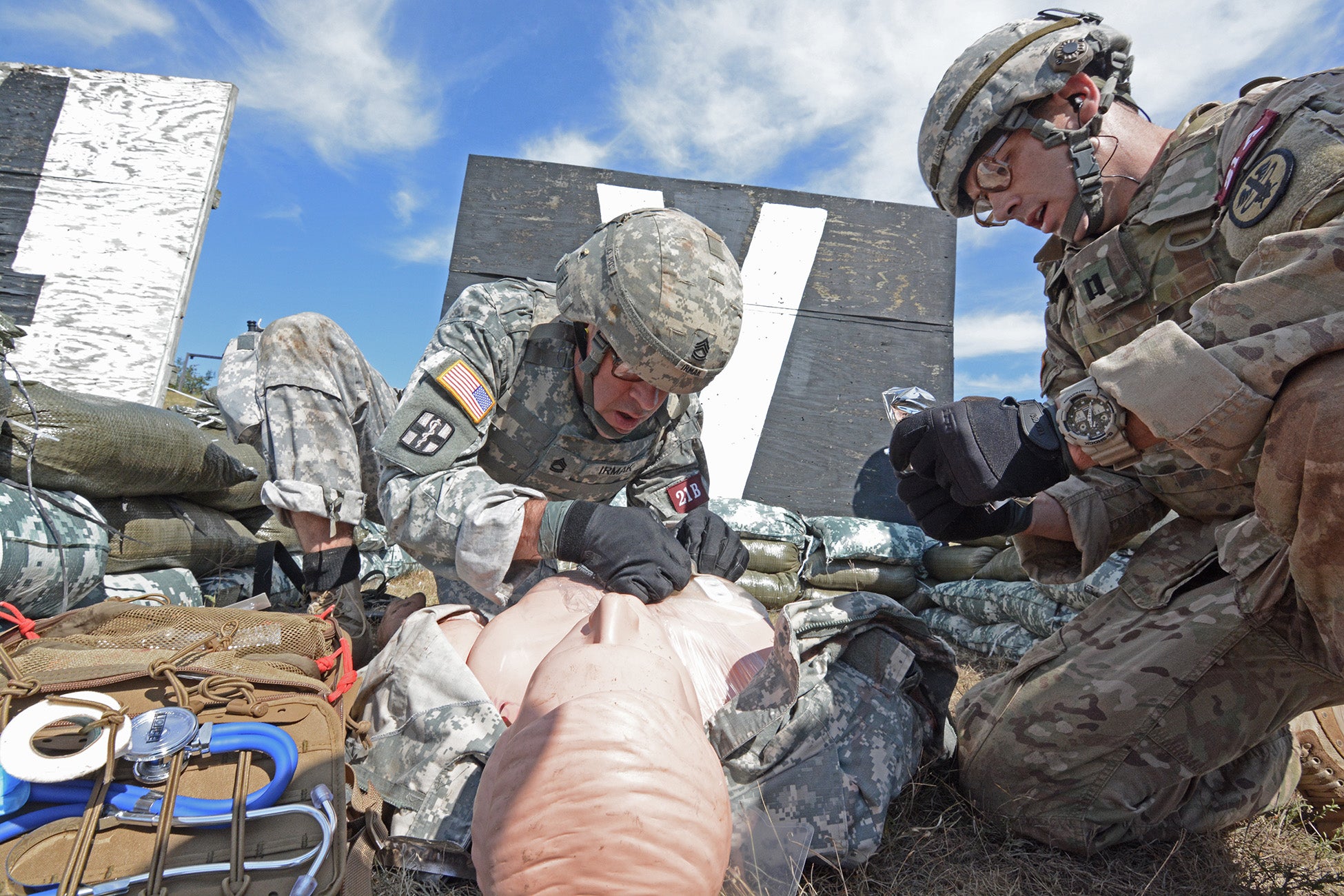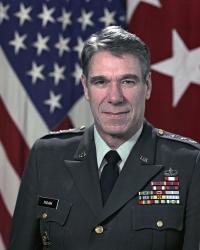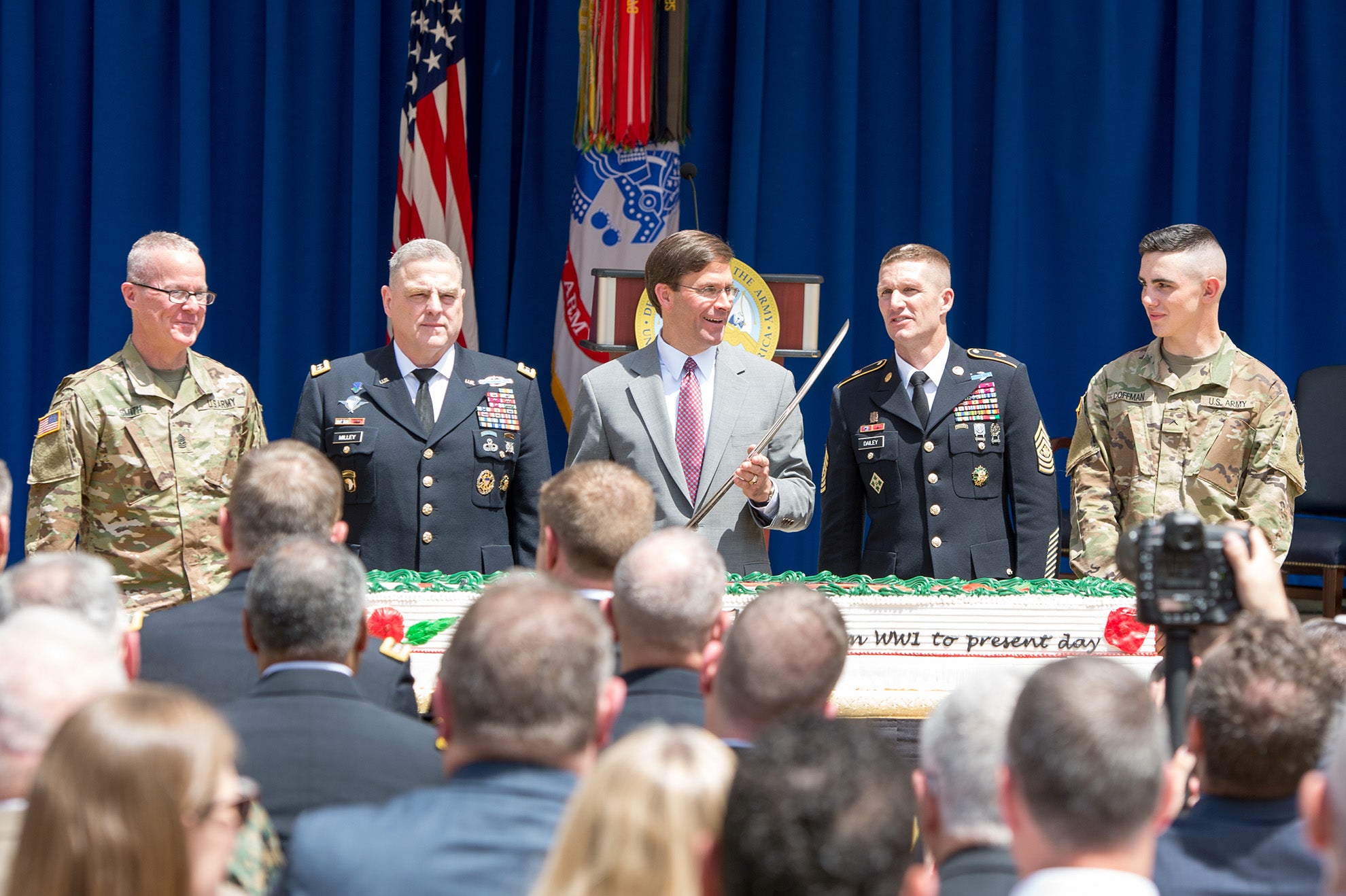On July 9, the U.S. Army announced a new physical fitness test – the Army Combat Fitness Test, or ACFT. The test is designed to replace the APFT with a gender- and age-neutral assessment that will more closely align with the physical demands soldiers will face in combat. Field tests for the ACFT will begin in October 2018, and by October 2020 all Regular Army, Army National Guard and U.S. Army Reserve soldiers will be required to take the test.
Here, the U.S. Army Center for Initial Military Training answers some of the most common questions that soldiers, veterans and civilians had about the...



















